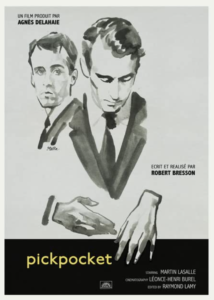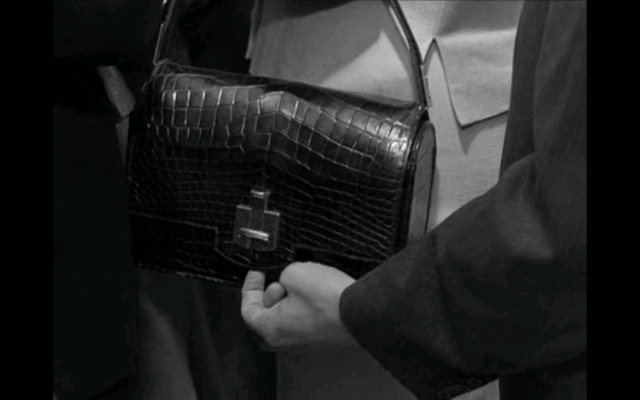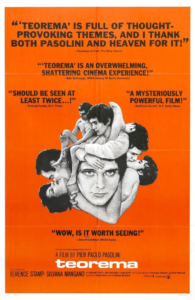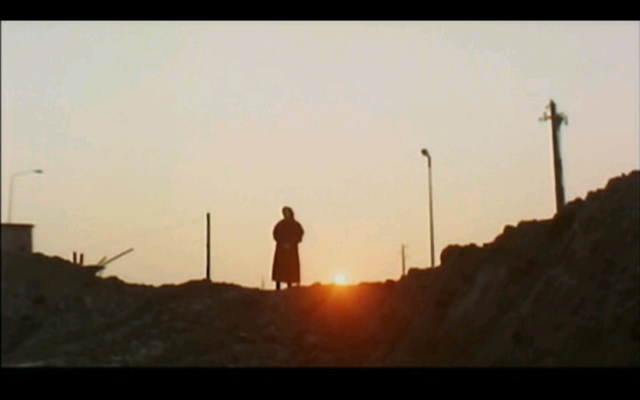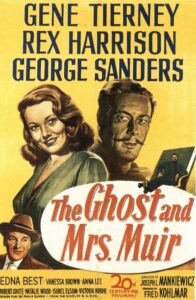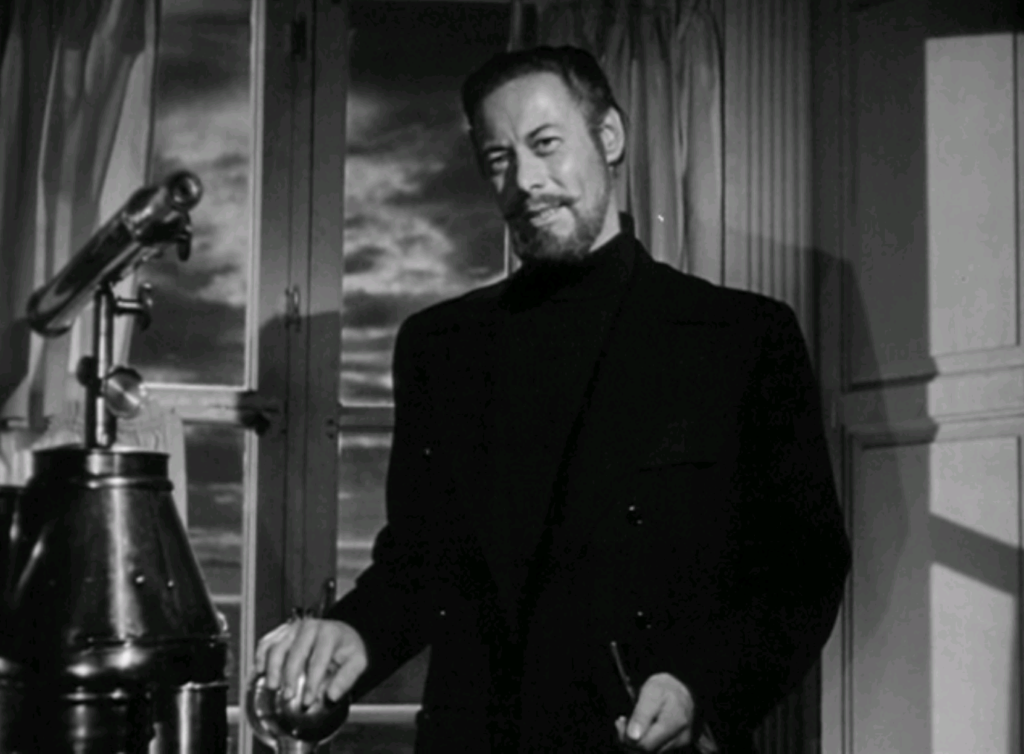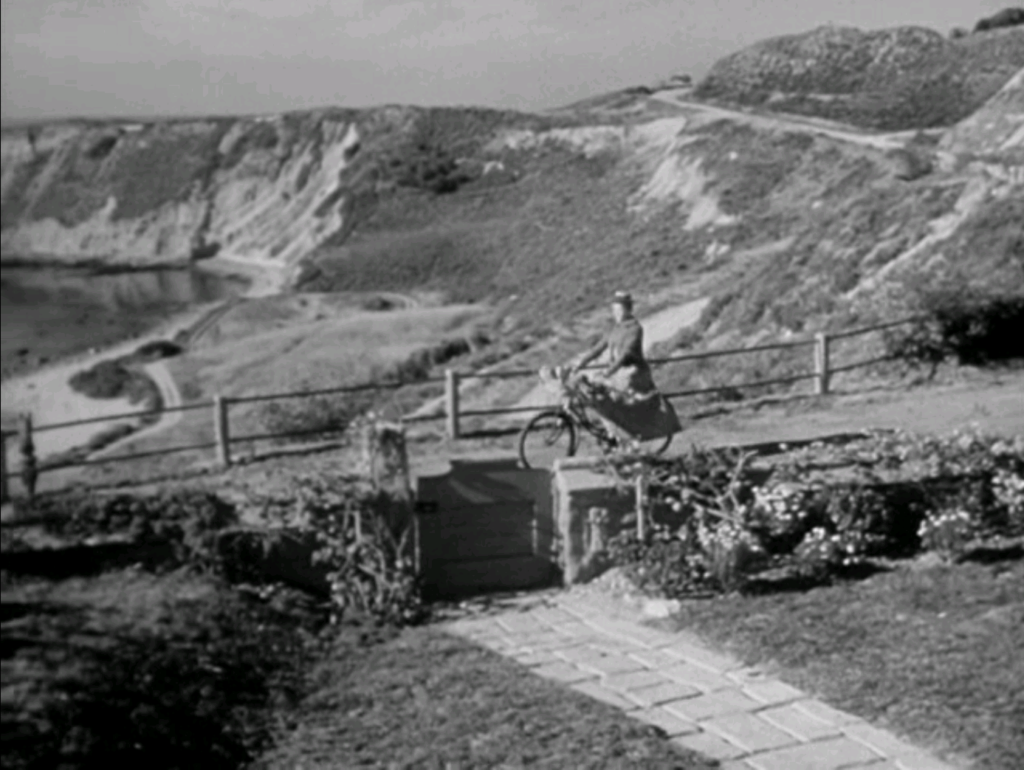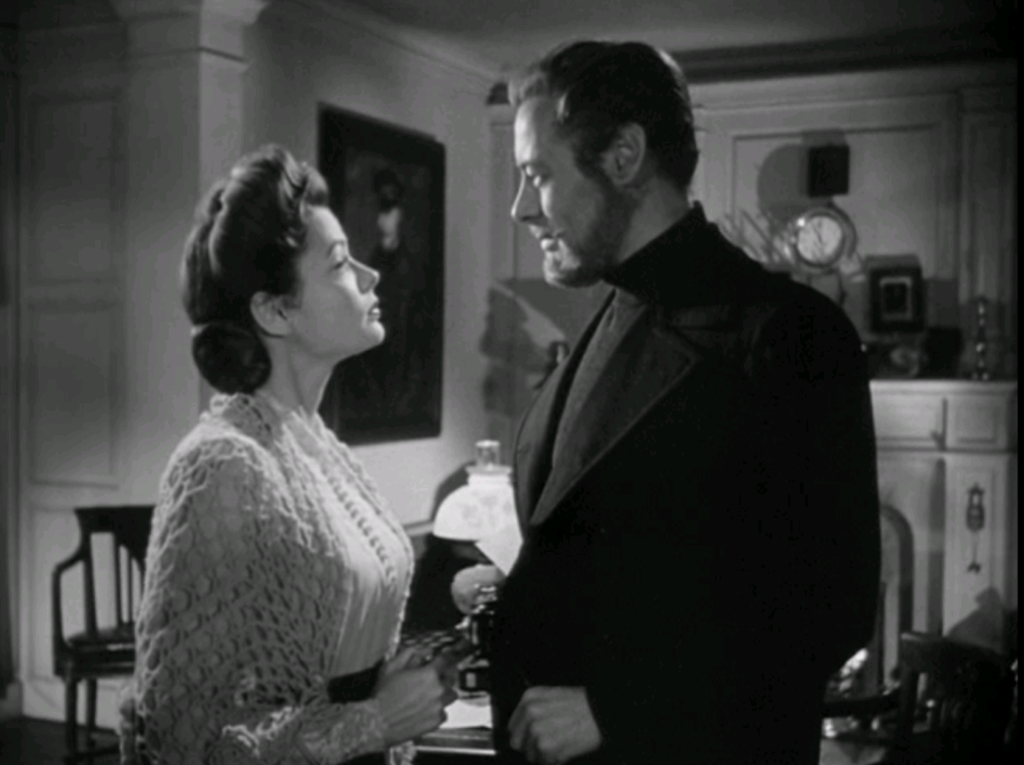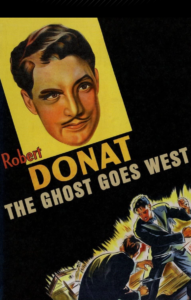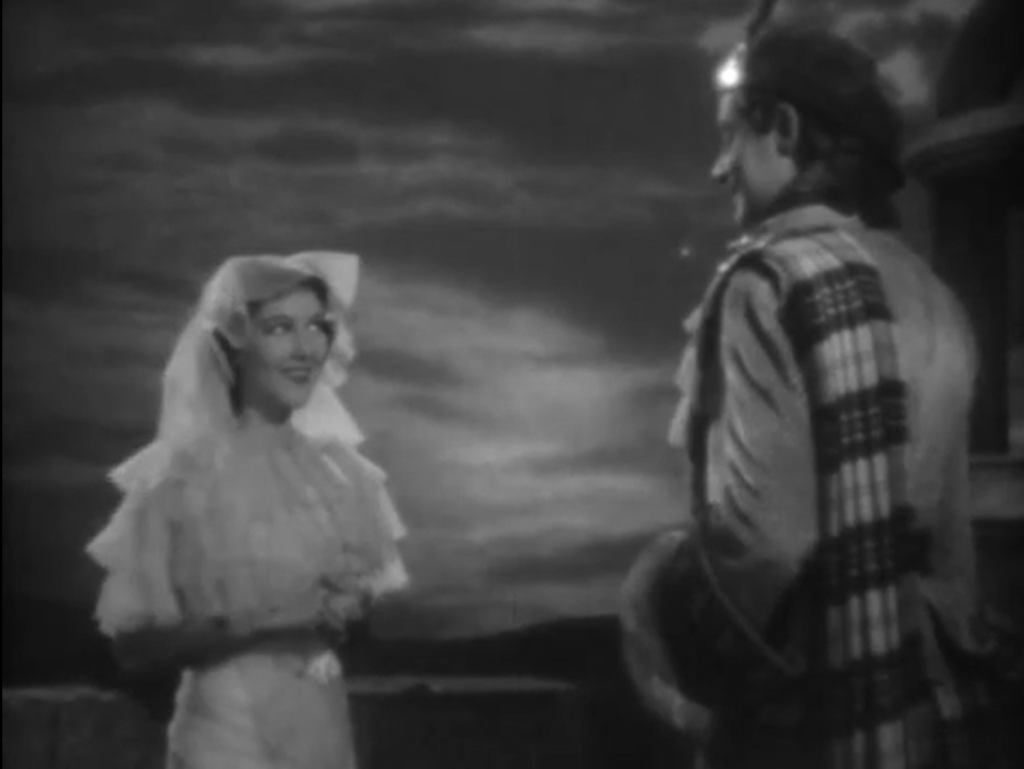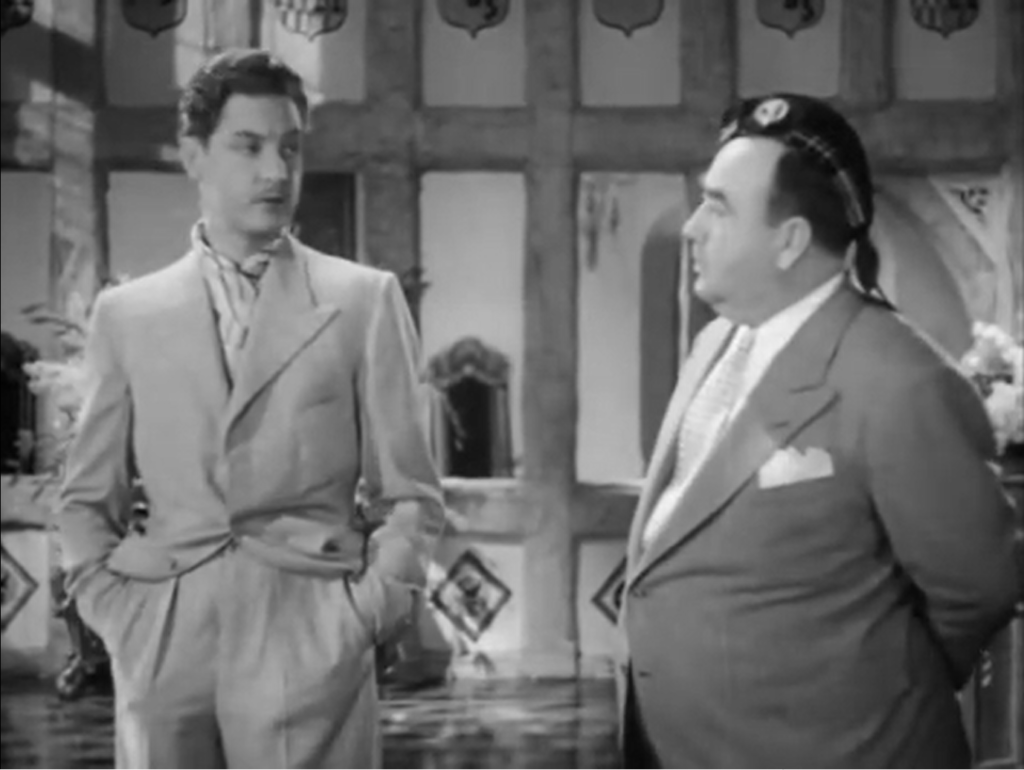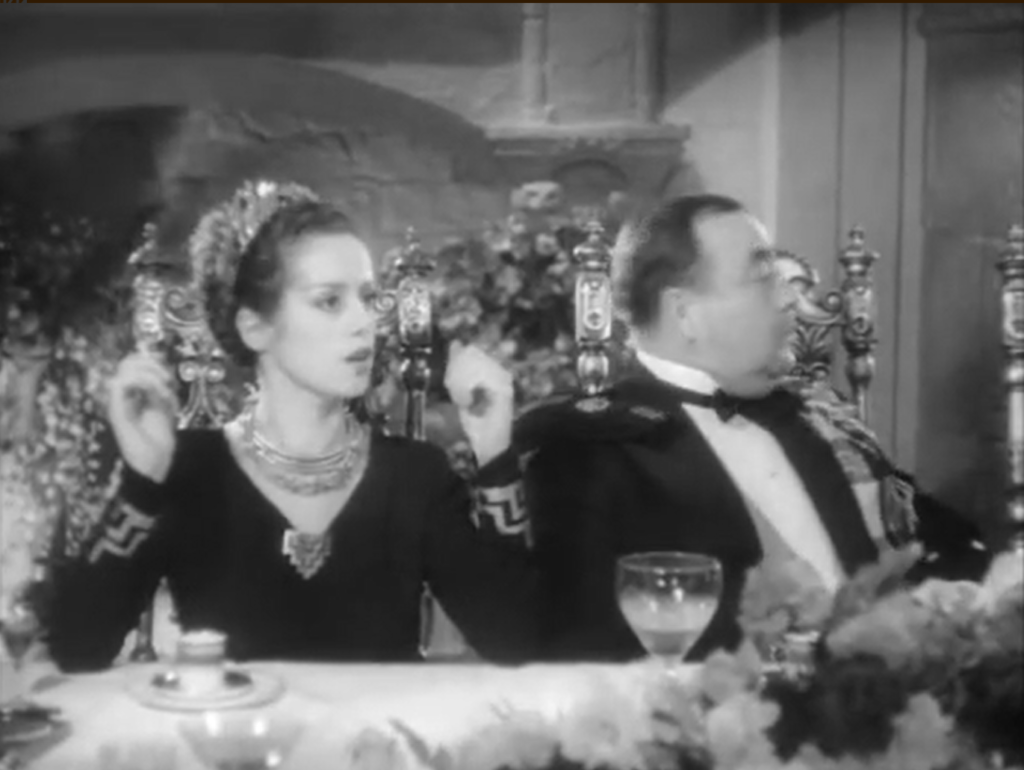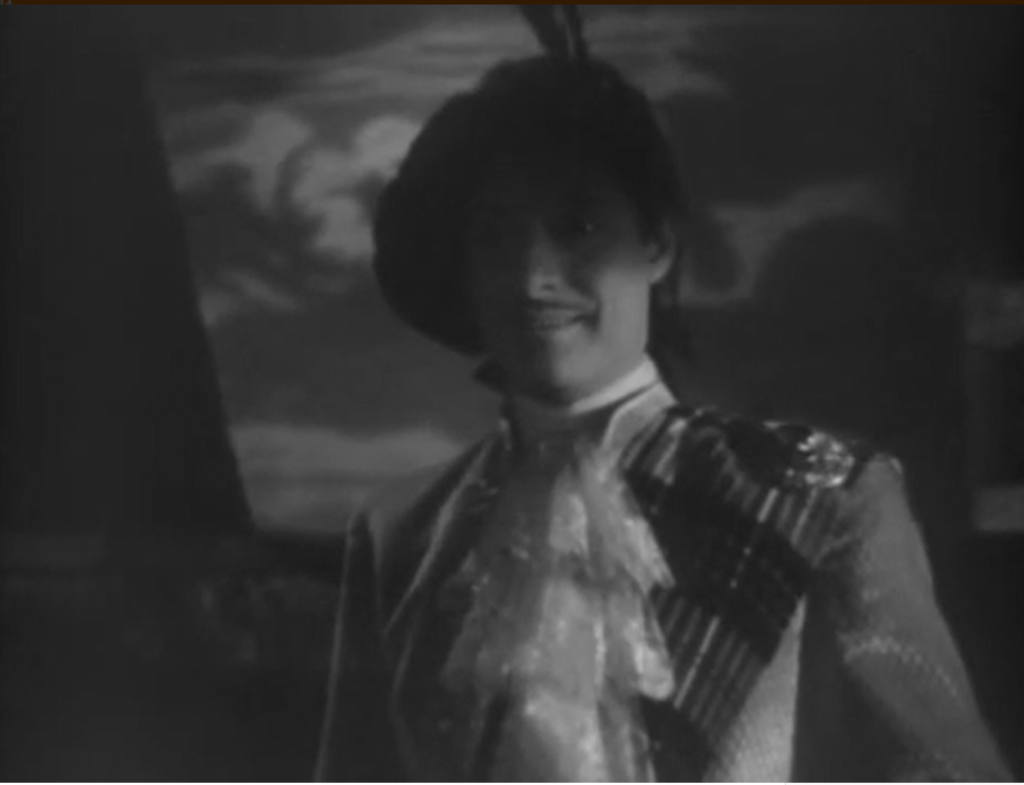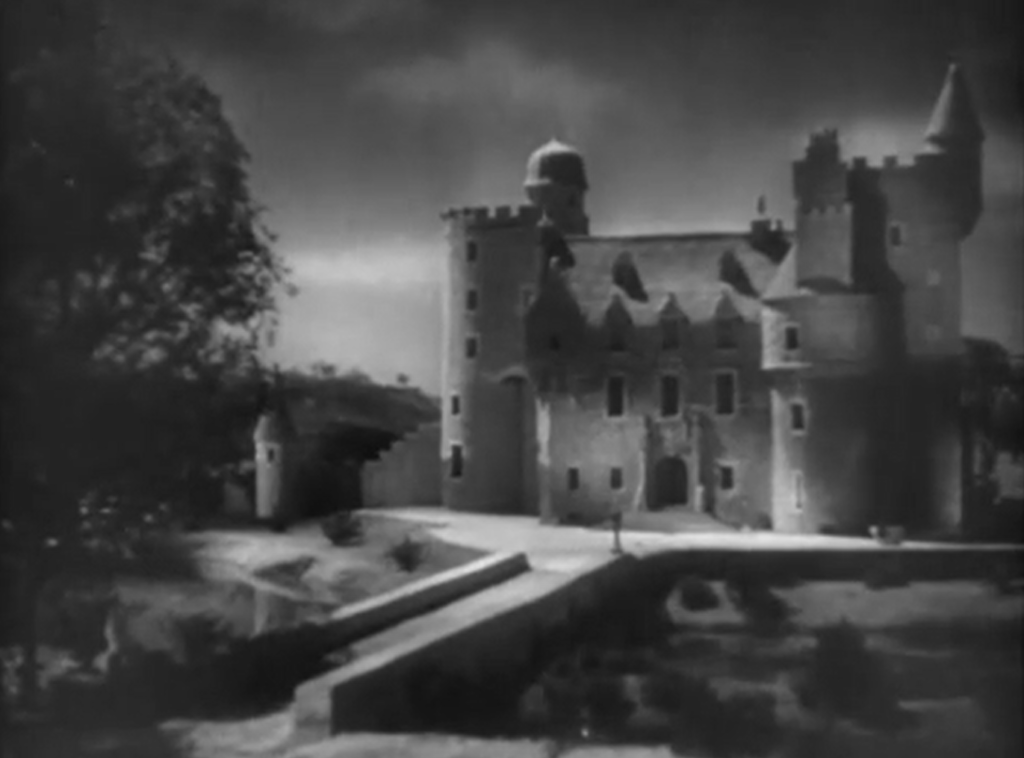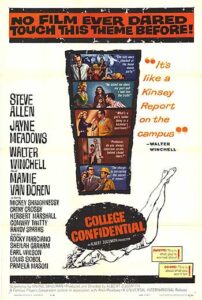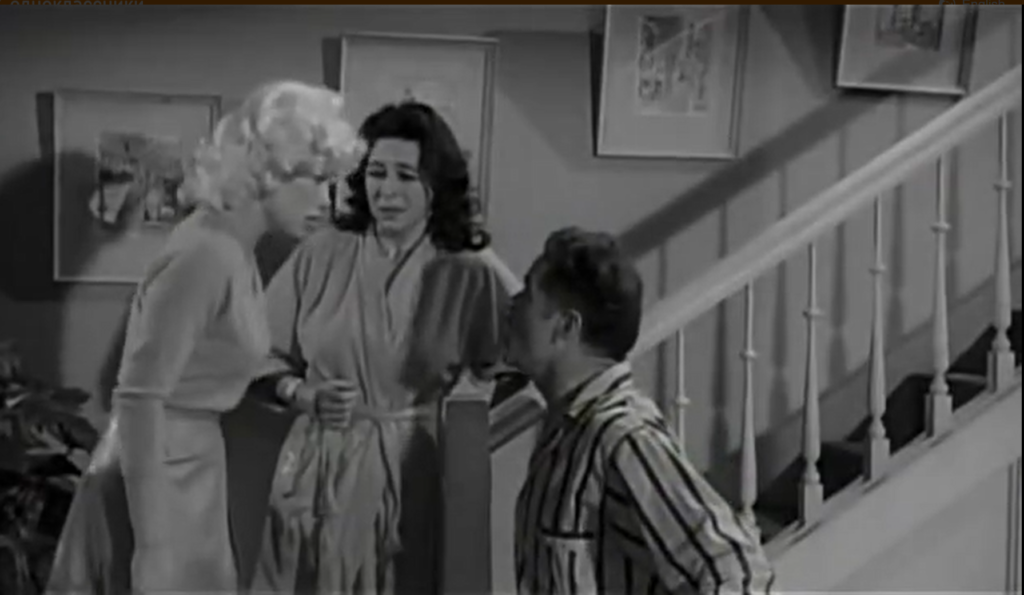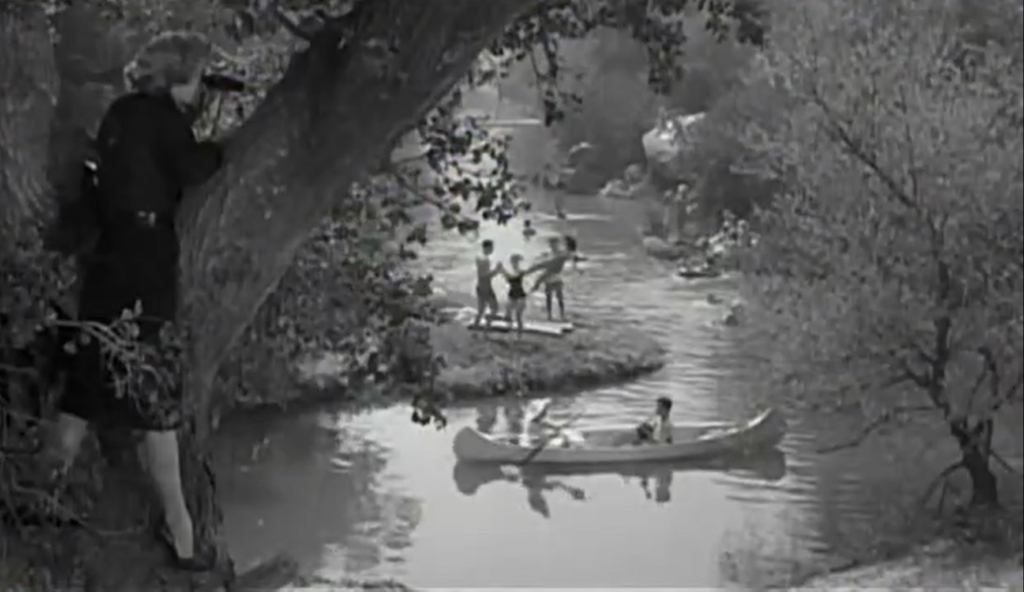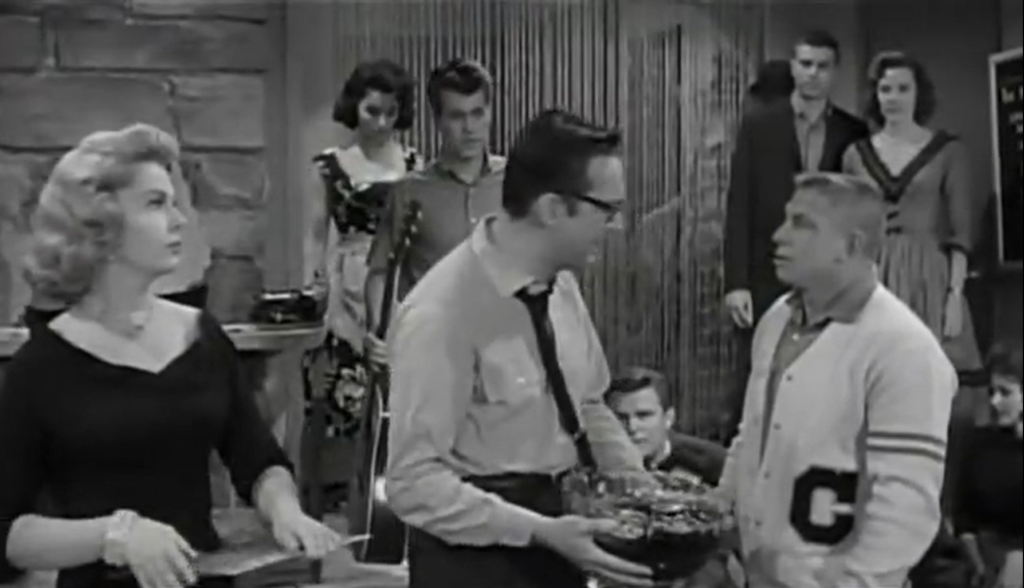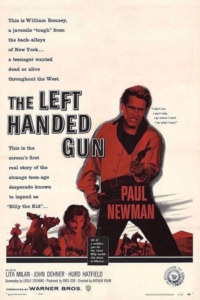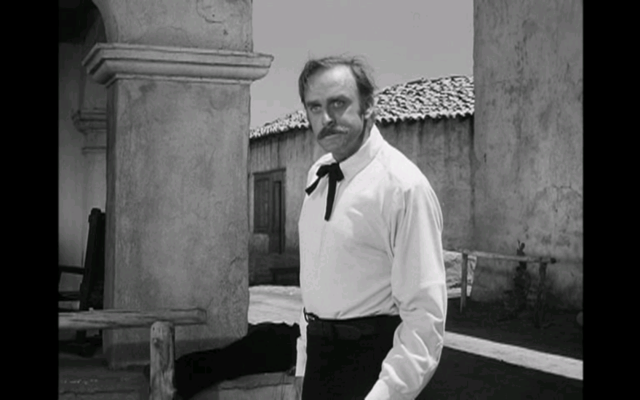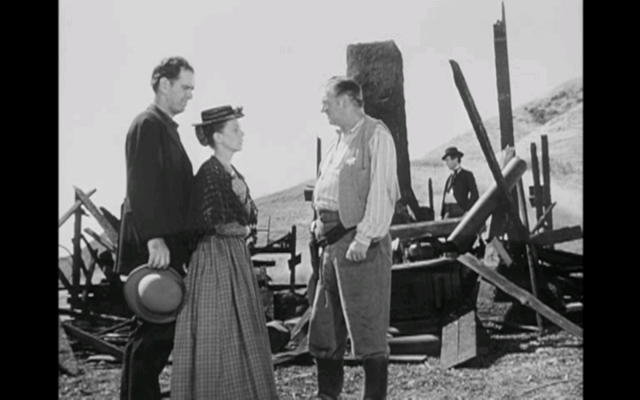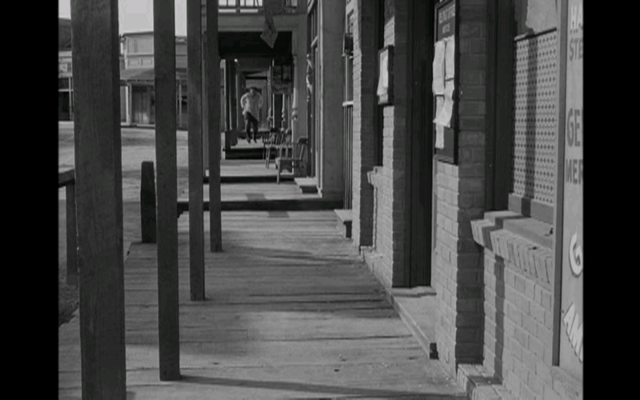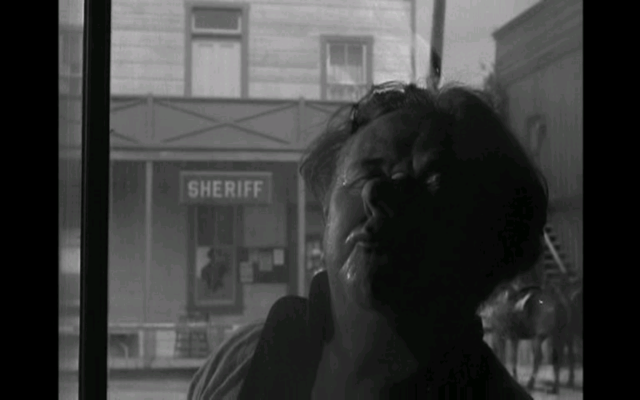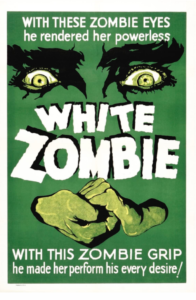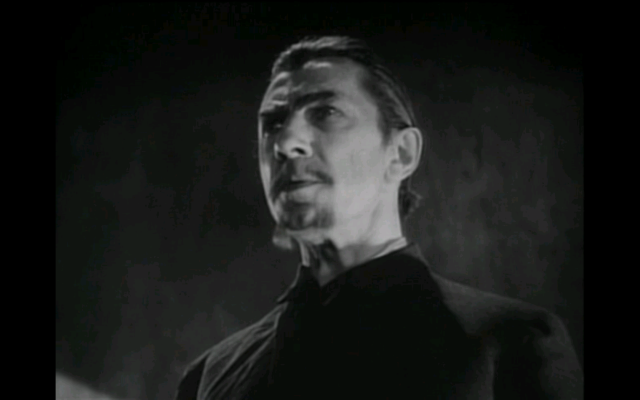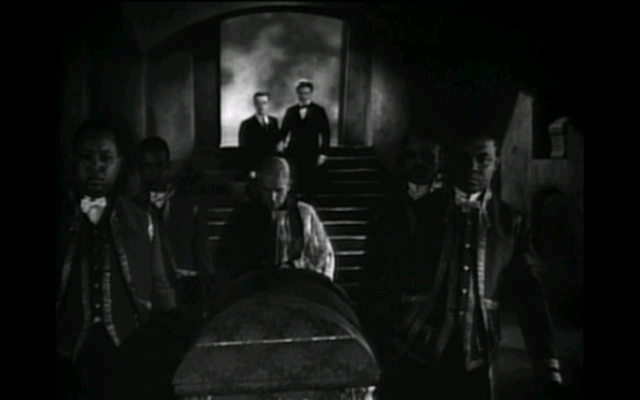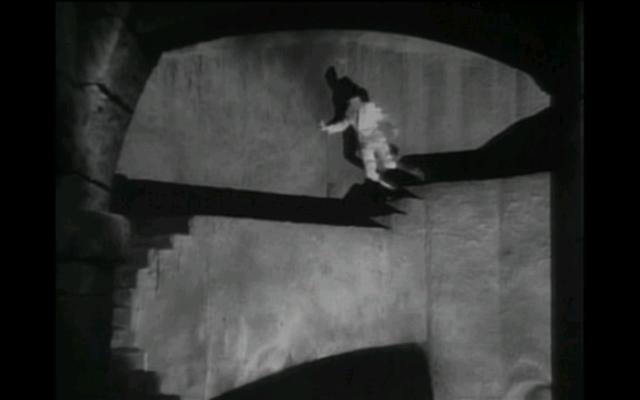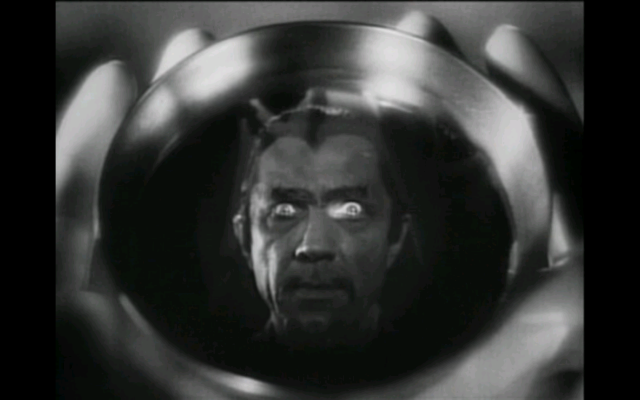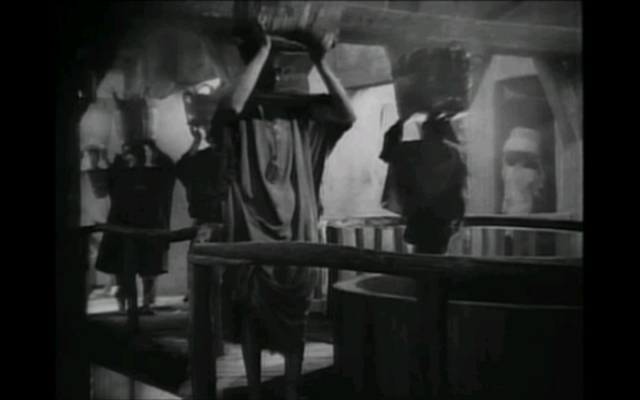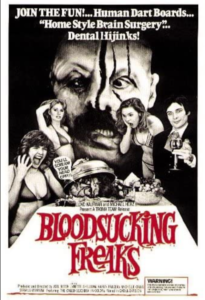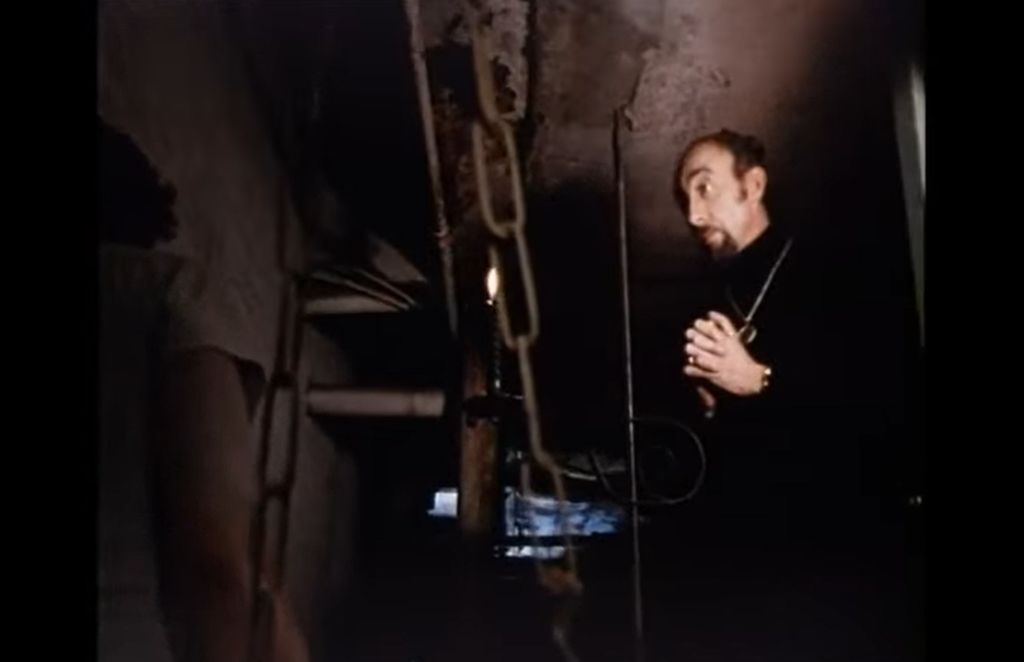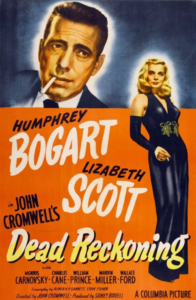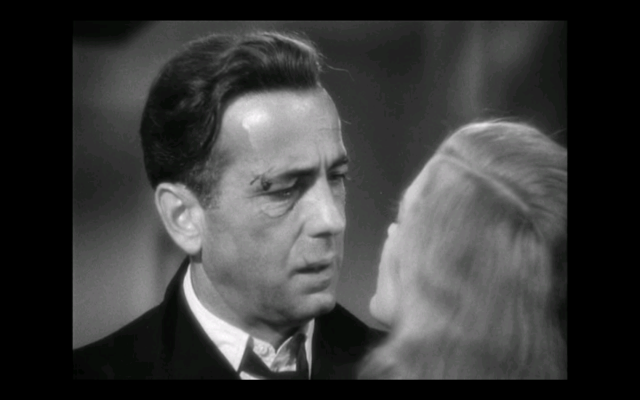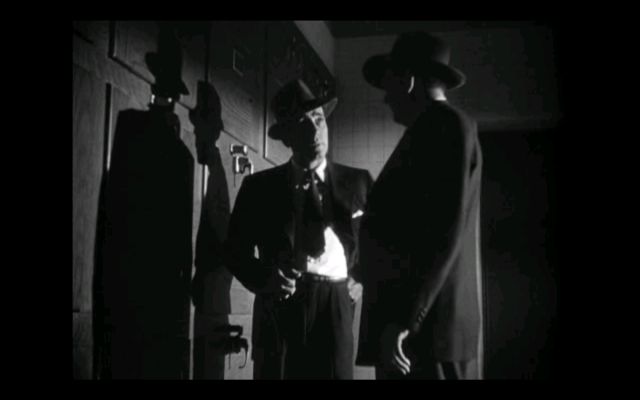Pickpocket (1959)
“Could one turn a blind eye to certain kinds of theft?”
|
Synopsis: |
|
Genres, Themes, Actors, and Directors:
Review: Meanwhile, it’s devilishly difficult to care at all for his Raskolnikov-inspired character, who we’re purposely emotionally distanced from — given that he (and all the other characters) “behave in a way that expresses nothing beyond the exact words they say and things they do”. To that end, the most useful advice I’ve read about Bresson’s films is to view them more like graphic novels than filmed theatrical dramas; Bresson was aiming for “pure cinema”, and believed this was the best artistic direction to take. While Pickpocket is cited by many as Bresson’s masterpiece, however, I would argue that his earlier Diary of a Country Priest (1951) is the film in which his ascetic directorial style is best served. And for a much more engaging look at the “art” of pickpocketing, check out Sam Fuller’s vigorously anarchic Pickup on South Street (1953) — a truly enjoyable “must see” classic. Redeeming Qualities and Moments: Must See? Categories
(Listed in 1001 Movies You Must See Before You Die) Links: |
